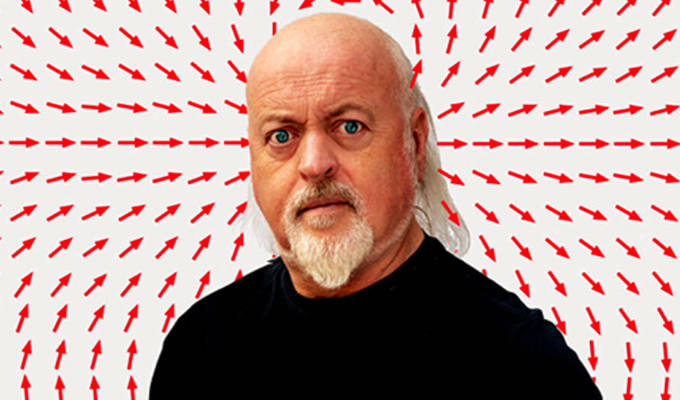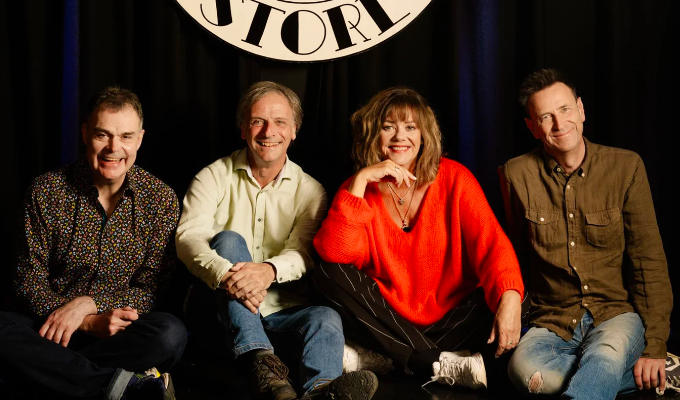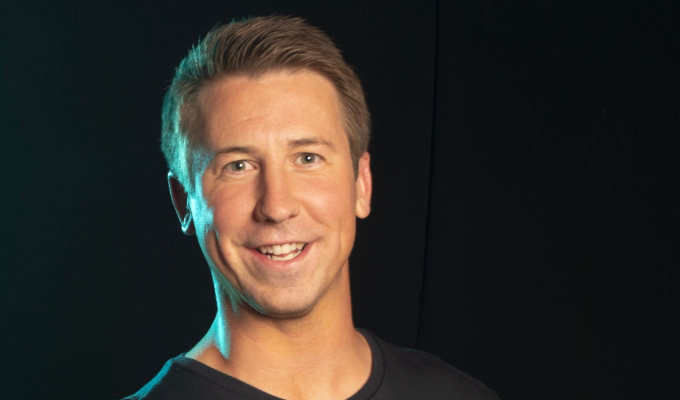
Carmen Lynch: Lynched
Note: This review is from 2017
Edinburgh Fringe comedy review by Steve Bennett
Visiting American comic Carmen Lynch is well-connected. She’s one of Amy Schumer’s favourite comics and has a healthy string of film and talk-show credits to her name.
But if she’s happy with the way her career is going, she doesn’t let it affect the dour disappointment that runs through her every deadpan syllable.
The style is unrelentingly downbeat; each sentence trailing off in falling inflection to represent her boredom with life. In delivery, she comes across closest to Jim Gaffigan, The same sotto voce punchlines, the same lethargically drawled sneer as she brings other characters into her monologues.
But it makes every line sound like a dreary whine, as if she’s too bored with the world to try to put any feeling into her jokes. It’s hard to connect with such a detached persona, and while other comics have made nihilist ennui appealing, it’s more of a hindrance than a help here.
Lynch is a better writer than her delivery, and she creates some enduring images… one about the chicken and the egg is especially memorable. Meanwhile, she gets bite from some dark-edged ideas, such as her routine about going to a medium or using the morning-after pill. When it comes to the destruction of an unborn life, she's brutal - earning an intake of breath to accompany the nervous laugh.
Sometimes the blackness seems gratuitous, though, especially as she never completely plunges into it. After the toughest payoff she steps back, voicing the distrust of an imaginary audience or making a point of saying ‘that’s so dark’ just so we know that she knows. It seems apologetic, when she should be owning the outrage. And on the subject of her running commentary, she often takes the time to tell us something’s a good joke, even if the reaction might suggest otherwise, for this is a set too sporadically funny to build real momentum.
Mostly, Lynch speaks about her not fitting in especially on the dating scene. Partly that’s because her 6ft frame always attracts comment, but there’s also social awkwardness on both sides of almost every encounter. It means the bulk of the show is a mix of self-effacing anecdote – and sometimes of the sort where she can tell us what she SHOULD have said in each situation – and comedy as therapy. Gently amusing discomfort for the most part, but it never really soars.
Review date: 6 Aug 2017
Reviewed by: Steve Bennett









